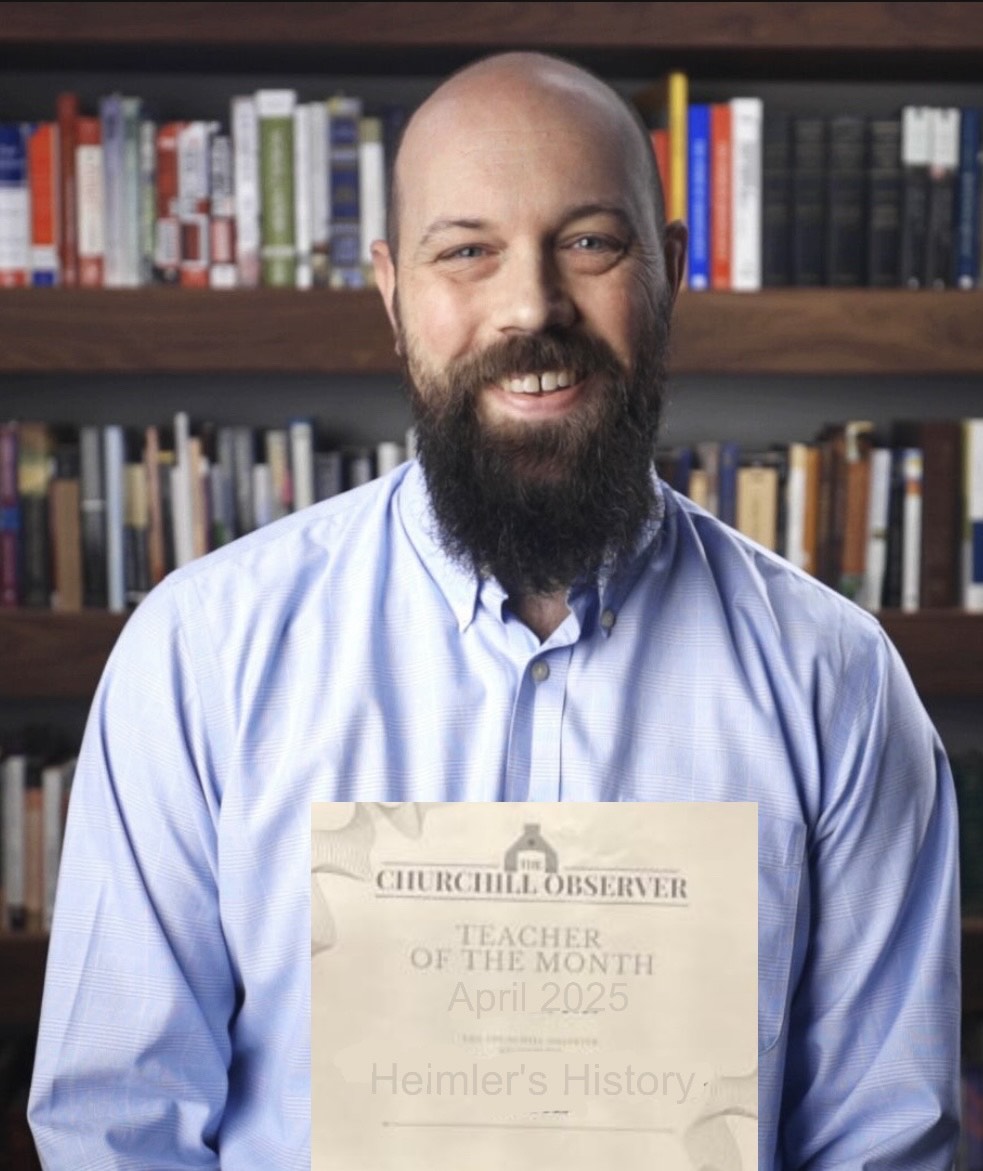
What separates the east coast from the midwest? Besides the geographic location, the difference in weather or the political climate, it is the way people pronounce words such as “crayon”, “caramel” and “been”. Accents are a key part of the disunity experienced in the U.S. and why educational researchers have been advocating for accent education. Accent education, according to the U.S. Department of Education (ED), is the action of educating students on the 30 major English language dialects spoken around the country. On Jan. 30, 2024, the College Board announced its completion of the official framework for the AP Comparative Accents course. WCHS has been selected to offer this course as a pilot test during the 2024-25 academic year.
“We are very excited to be bringing this new AP class to WCHS,” AP coordinator and Assistant Principal John Haas said. “It is a great opportunity for students to learn about other parts of the country and truly immerse themselves in the various regional cultures of the US. Additionally, AP Comparative Accents is a rigorous class that will teach students to both write and speak using different viewpoints and customs across America.”
According to the College Board, AP Comparative Accents will teach students how to converse in the 30 major accents spoken around the country. Additionally, students will learn basic cultural information about each of the accents and regions they study.
“I am very much looking forward to teaching this class,” WCHS social studies teacher Ian Vickery said. “The intricacies and development of accents is so essential to understanding the history and current events of the US. While the curriculum is still in its infancy, I expect that students will learn a lot next year through the various lessons, projects and tests I am preparing.”
The AP exam, an approximately three hour test students will take for college credit, will include multiple choice, writing and speaking sections. Both the multiple choice and writing sections will require students to answer questions about the vast differences between accents throughout the US, and the consequences accents have had on the social and political unity of the country. The speaking portion of the exam, similar to the AP Spanish Language and Composition exam, will include interpersonal speaking and presentational speaking. Students will be given an accent at the beginning of this section and will be evaluated on their ability to carry out both a conversation. Additionally, this section will include an argumentative presentation using the accent, and incorporating regional points of view and word choices from the area the region of origin.
“Because this exam has never been taken, we are not sure what to expect in terms of results,” Vickery said. “However, we expect that it will be a difficult test of students’ knowledge and speaking stamina. Throughout the year, students will be required to practice speaking in every single accent, incorporating appropriate regional word choices found on the exam to ensure that they are as prepared as they can be.”
Due to it still being a pilot course, it will not yet fulfill any graduation requirements. However, the Maryland State Department of Education (MSDE) is considering making AP Comparative Accents an alternative English class that satisfies the senior year English requirement. This way, the MSDE argues, students will be more likely to take the class and learn the intricacies of this vital subject, becoming more in tune with the different ways English is spoken around the country.
“Because the class isn’t required, we were very surprised at the amount of students who signed up to take it next year, especially because it is a brand new class,” Haas said. “We are going to have to have two class periods of AP Comparative Accents to accommodate over 50 students! As long as the class goes well, I think it is likely that the course will become a graduation requirement or an alternative fulfillment of the existing English requirements in the next few years.”
AP Comparative Accents has already been given a nickname by students: Comp Acc (pronounced “ax”), similar to AP Computer Science (Comp Sci) and AP Comparative Government (Comp Gov). This word change is a phenomenon that will be studied in the class and indicates that students have already welcomed Comp Acc as a legitimate and worthwhile course at WCHS.
“I am so excited to take Comp Acc,” junior Aedan Billington said. “It seems like such a fascinating class that will both teach me about the cultural differences throughout the country and provide me with the skills to fit in anywhere I go! Southern accent, here I come!”








